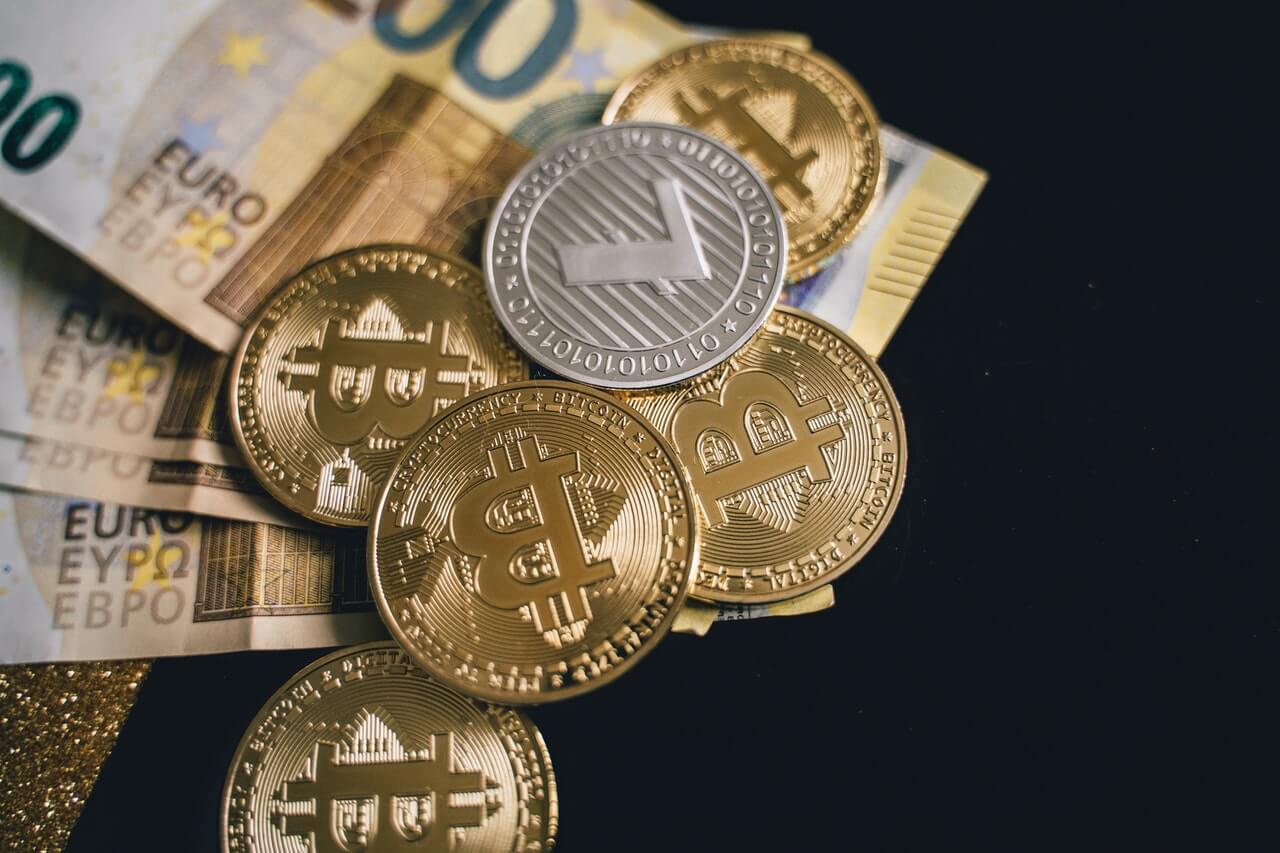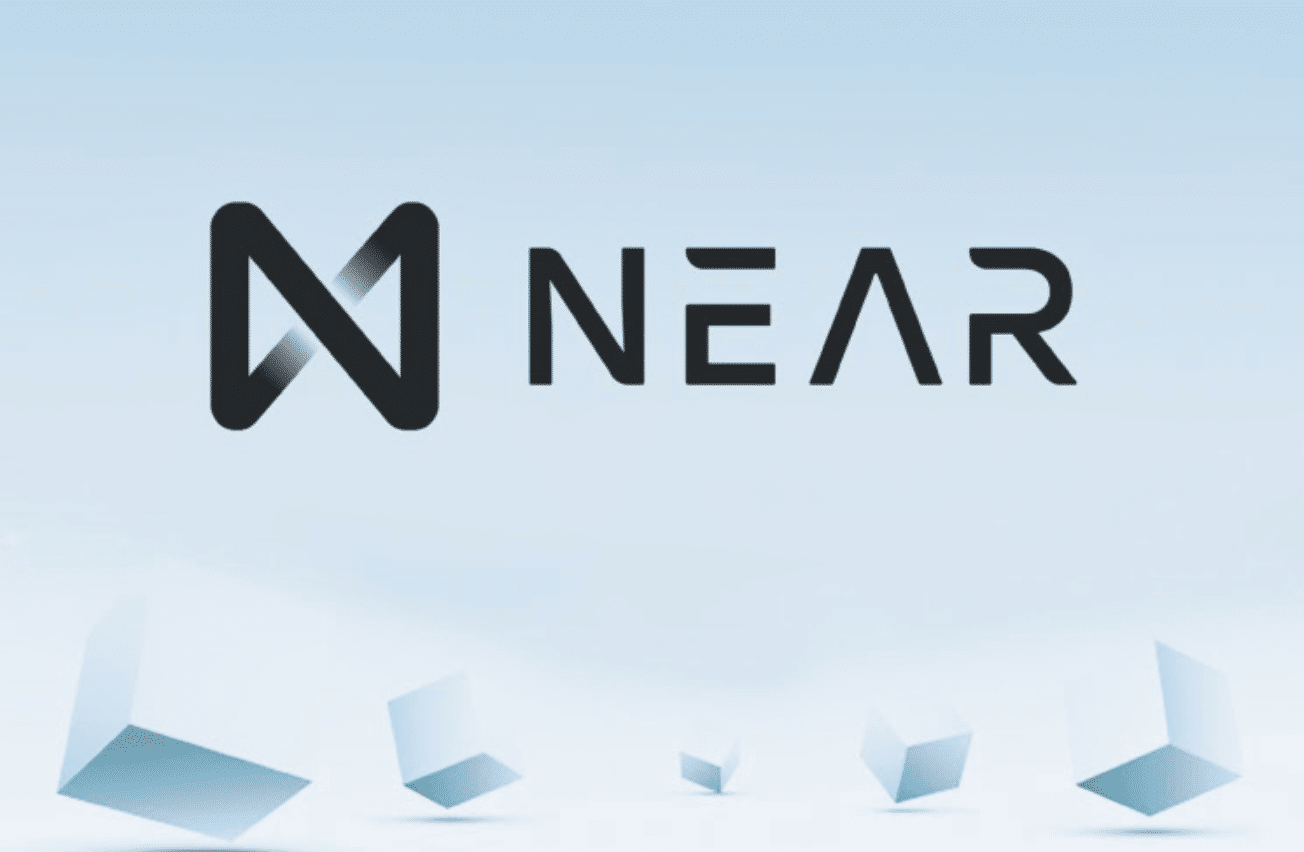Are you interested in investing in cryptocurrency? Maybe you have already started trading but you want to find out more about how the market operates, or perhaps you’re just curious about what cryptocurrencies actually are and how they work. With more and more people using cryptocurrency to pay for purchases, and some of the globe’s biggest retailers accepting cryptocurrency as a form of payment, it’s time to get up to speed with this next-generation monetary system.
In this guide, we explain what cryptocurrency is, how it works and its benefits. We also take a look at how the crypto market works.
What is cryptocurrency in simple terms?
In the most basic terms, cryptocurrencies, also known as crypto assets, are a form of digital money. Bitcoin (BTC) is one of the most well-known forms of digital currency, but many others exist too, including Ethereum (ETH), Dogecoin (DOGE) and Litecoin(LTC).
You might wonder what exactly ‘digital money’ means, since other forms of currency, like the pound Sterling (GBP), the Euro (EUR) and the United States dollar (USD), can be transferred digitally too. The difference between crypto-assets and other traditional currencies lies in the fact that crypto is decentralised. This means that no one person or organisation, such as a central bank or the government, regulates or manages it. Rather, it’s a peer-to-peer system that does not require a middleman. This offers numerous benefits to users. To find out more about these benefits, we need to explore how cryptocurrencies work.
How cryptocurrency works
There are many technical terms associated with cryptocurrency. Breaking them down can help us to understand how this currency system works. Let’s take a look at some of the most common terms.
Blockchain
As we’ve touched on, cryptocurrency is unlike any other form of payment in that it’s decentralised. This is made possible by the type of technology that it uses. Unlike other forms of money, virtual currency relies on blockchain technology. Blockchain is a unique type of digital database or ledger that records transactions across a network of many different computers. Copies of this ledger are held on servers around the world, known as ‘nodes’. As the name implies, blockchain technology stores information, or transactions, in ‘blocks that are ‘chained’ together. All transactions are shared from node to node and broadcast publicly. These transactions are then collected together and added to the blockchain.
Cryptography
Blockchain technology makes use of cryptography to ensure security. The term cryptography refers to the practice of writing and solving mathematical and computational codes.
Mining
If you’re familiar with cryptocurrency, you have probably come across the term ‘mining’ before. This refers to the process of creating new currency by solving highly complex computational problems. Members of the public can become part of the crypto network by allowing their computer hardware to work on these complicated mathematical puzzles. Through doing this, they can help to secure the network by maintaining the transaction ledger and they can also put more currency into the ecosystem.
Digital wallets
Just as you would keep traditional money in a wallet, digital money is stored in virtual wallets that can be accessed from software or by using online tools or hardware. If you have a digital currency, you will have a private key that is used to send and retrieve your virtual money.
What are the benefits of cryptocurrency?
So, what exactly are the advantages of cryptocurrency? Why not just stick with traditional cash? Well, there are several reasons why cryptocurrencies are entering the mainstream. Here are some of the main benefits they offer:
● Greater user control
Digital currency users have more autonomy over their money and where they spend it as transactions do not need to be cleared by a central authority.
● Less expensive
Intermediary authorities like banks and brokers make money off of traditional transactions. By cutting these middlemen out, crypto transactions are less expensive.
● Faster
Intermediaries and traditional payment systems, such as wire transfers and credit cards, can slow down transactions. Cryptocurrency does not rely on either, making crypto transactions faster and more efficient.
● More transparent
Banks and building societies can be very opaque institutions. Cryptocurrency, on the other hand, offers unprecedented levels of transparency as all transactions are permanently stored on a public ledger.
● Gives the hope of economic equality
Many people around the world are essentially locked out of traditional financial services, such as banking and loans. Cryptocurrency can help to level the playing field by giving disadvantaged people increased access to financial services.
How the cryptocurrency market works
To learn about how the cryptocurrency market works, it’s helpful to look at how it differs from traditional markets.
What moves the market
The value of the traditional currency can be influenced by a wide range of factors, including inflation rates, interest rates and economic performance. However, the cryptocurrency market is not typically affected by these elements.
Instead, the price of virtual currency is influenced by factors such as:
● Supply and demand
● Availability
● The costs associated with mining
● The rewards are given to bitcoin miners
● How many competing cryptocurrencies there are
● The introduction of new crypto regulations
● Current affairs
● How cryptocurrency is portrayed in the press
● Security breaches
● Speculation.
Volatility
The cryptocurrency market is highly volatile, making it attractive to many traders as rapid price fluctuations offer the opportunity to make a significant profit. However, this volatility can be off-putting to some risk-averse new market entrants who can be scared off by the sharp rises and falls that currencies can experience within a single day. But if you understand the market, can interpret trade signals and have a healthy risk appetite, you stand to reap the rewards. In fact, cryptocurrency has turned some traders into millionaires practically overnight.
Market hours
With no central governance of the market, the market is usually open 24 hours a day, seven days a week. This is convenient for traders and means that the market is truly international. It can also lead to increased profitability as more opportunities to trade can result in a savvy trader making more money.
Ready to learn more? To find out how AltSignals can help you to turn a profit with cryptocurrency and improve your trading skills in the process, click here.



















